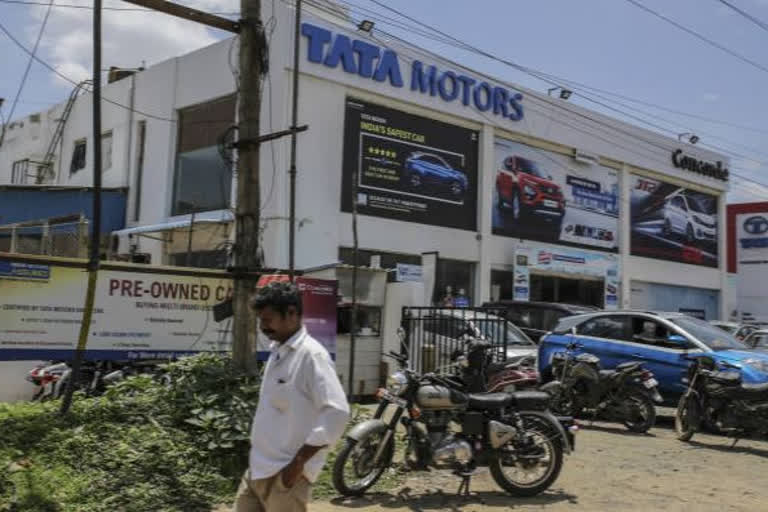New Delhi: Tata Motors and Ashok Leyland have said a well-defined and financial incentives-based scrappage policy can help create demand in the commercial vehicles (CV) segment which has come come to a grinding halt.
A vehicle scrappage policy is in the works for some time now. The policy aims to put a cap on the life of vehicles in terms of years run.
With sales on a continuous decline for over a year now, first due to transition to BS-VI emission norms and now with the coronavirus pandemic, the industry is hopeful that if old vehicles go out of the system, it will help reduce pollution as well as help induce demand for new vehicles.
Tata Motors, which is the leader in the commercial vehicle segment, said the upcoming legislation should clearly define incentives as well as regulatory norms for disposing the old vehicles.
"A well-defined and effective scrappage policy is one of the key imperatives for driving demand of cleaner BS-VI vehicles and more appropriately so, in the current shrinking demand across end-use sectors," a Tata Motors spokesperson told PTI.
Reiterating that replacement demand will remain the key driver for the sale of new vehicles, the spokesperson contended that the policy needs to have a clear definition of ELVs (end-of-life vehicles) and inclusion of financial incentives.
"The government's proposed renewal of fitness certificates for vehicles older than 15 years every six months, instead of the current time frame of one year, is a welcome one," the spokesperson said.
The company, however, added that the upcoming legislation needs to define tangible incentives for customers, as well as regulatory norms for enforcing the disposal.
Read more:No word from govt yet, hope to resume smartphone production soon: Realme CEO
"In India, scrappage value chain is in early stages of development, and is only able to process lower double digit percentage of the total ELVs available on the road," the spokesperson noted.
Two reasons for doing that is clear definition of ELVs and also absence of any financial incentives/subsidies for customers to dispose their vehicles.
